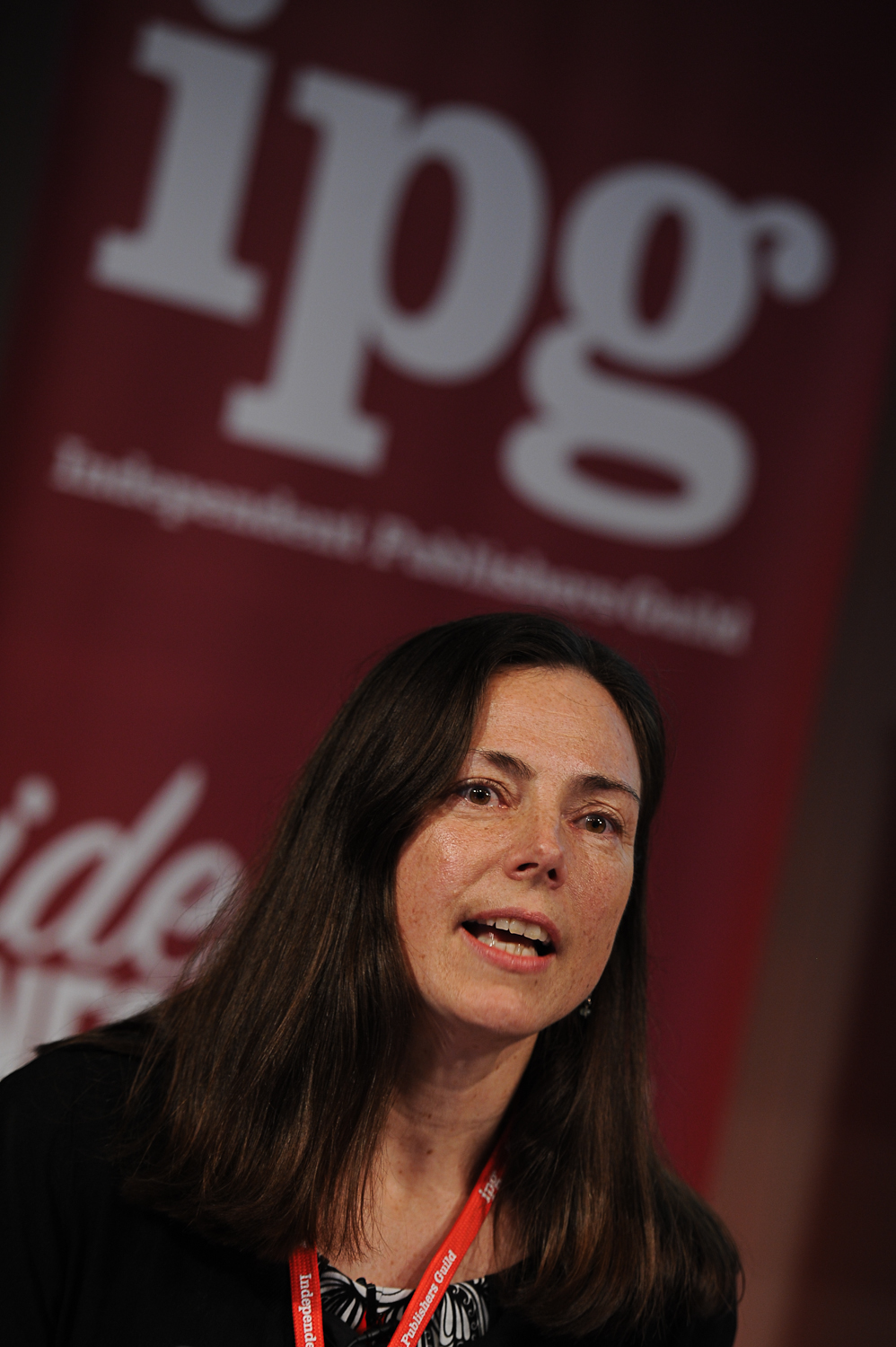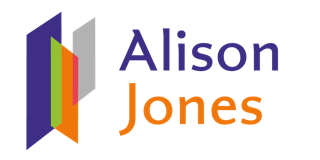Aren’t we lucky? There are millions of people doing things not a tenth as interesting as publishing. It’s a privilege.
 Thoughts from the IPG Spring Conference
Thoughts from the IPG Spring Conference
Last week I attended my first Independent Publishers’ Guild spring conference. I’d heard that IPG was ‘the best club in British publishing’ and so it proved: what a collaborative, inspiring and generous group of people. I was privileged to chair two fabulous sessions – with Dave Fletcher ofWhite October and Eric Huang ofMade in Me – and honoured to be elected to the IPG board at the AGM. It was nice to hear some lovely feedback about my monthly Digital Digest, and I’m looking forward to getting more involved with the whole organization in the coming months.
But quite apart from all this, and above even the top-quality sessions and the glorious, glitzy awards dinner, the single thing that impressed me most about the conference was the palpable sense of passion, energy, optimism and unlimited possibility emanating from each delegate. It echoes the wider mood I find in the small business community generally, as a coach: it’s nothing short of an entrepreneurial renaissance.
But the effect is particularly noticeable in publishing, an industry widely dismissed as dying or at least declining for decades now. In reality, small publishers today find themselves riding a perfect storm: an accessible, cloud-based, low-cost technical infrastructure, a pool of highly skilled professional resource ‘let go’ by the big houses, a Gen Y can-do mindset on a scale probably not seen since the days of the Wild West pioneers, and a hunger across every sector of society for the creation and dissemination of high-quality content.
You can read a fuller analysis of the conference on the IPG blog itself, or search #ipgsc on Twitter, but here are a few of the key points that particularly resonated with me:
1. The importance of the niche
Sandy Grant of Hardie Grant and Lucy Melville of Peter Lang both made this point strongly: the niche is the home of opporutnity. Know your niche, own your niche. Small publishers compete with the big boys by building clear brands and strong relationships with a well-defined community of authors and readers.
2. The centrality of distribution
This includes basic hygiene stuff such as regular, complete ONIX feeds (Alex Ingram’s Masters of Metadata session was a timely reminder of how things are progressing here) but also relationships and representation globally, including emerging new partners such as bargain sellers in the US.
3. The opportunities of the marketing revolution
Susanna Kempe of Flying Trumpets gave a masterclass in customer-focused go-to-market strategy and analytics including the insightful point that content is the key reason for customers to ‘raise their hands’, that is, provide actionable data.
4. The paradigm shift of the social web
Euan Semple put it with characteristic elegance: today, knowledge is power not when it’s jealously hoarded but only when it is shared, generously and consistently. We write our stories every day, this is how we individually and collectively create sense out of the world and build trust with each other.
The last word goes to Peter Usborne, legend of nonfiction publishing, who may be pushing 80 but bounced onto and around the stage during his conference closing speech fired by exactly that entrepreneurial energy and enthusiasm I’m talking about: ‘Aren’t we lucky?’ he reminded us joyfully. ‘There are millions of people doing things not a tenth as interesting as publishing. It’s a privilege.’
Yes. Yes it is.
